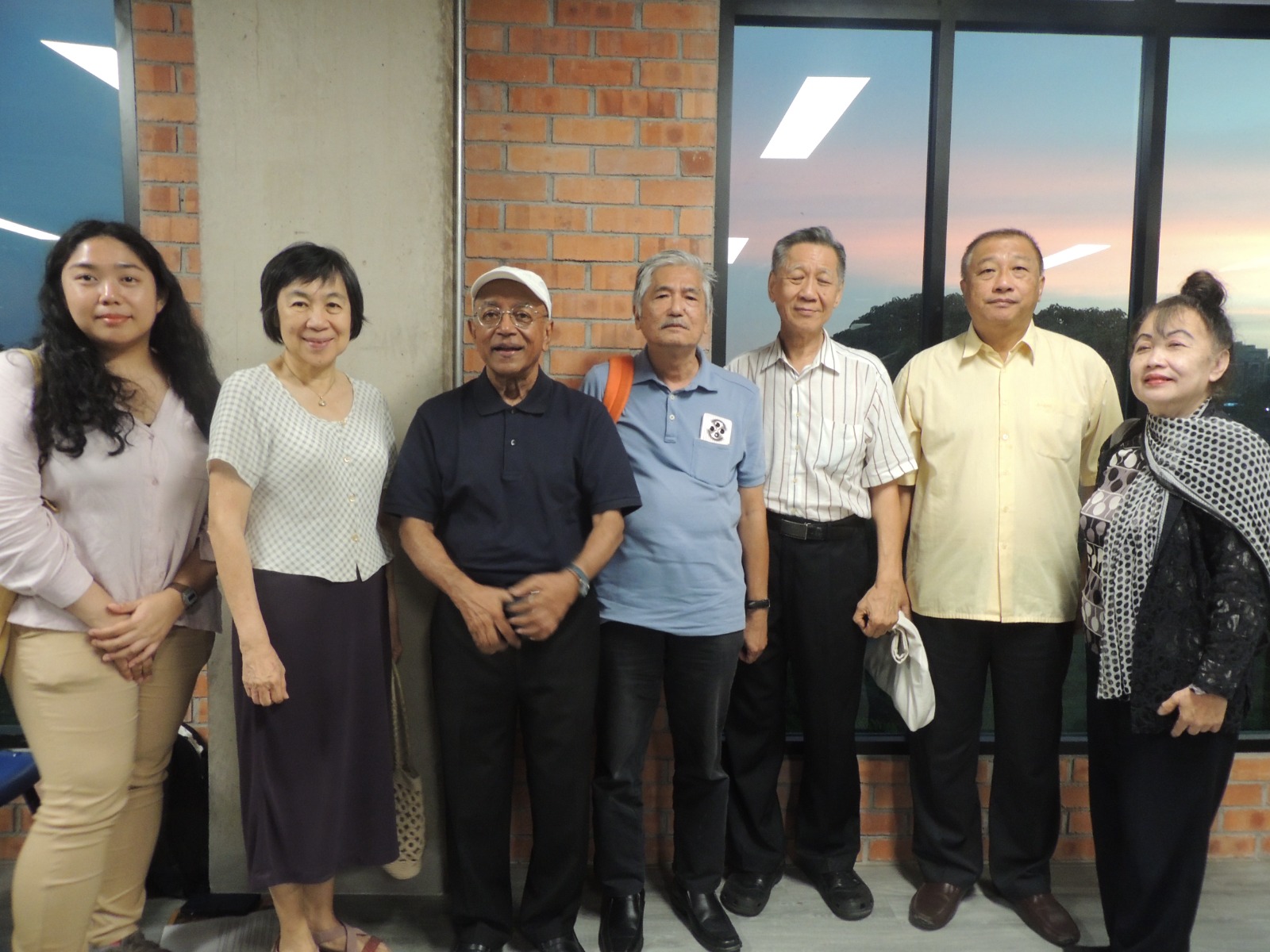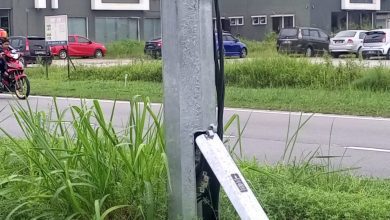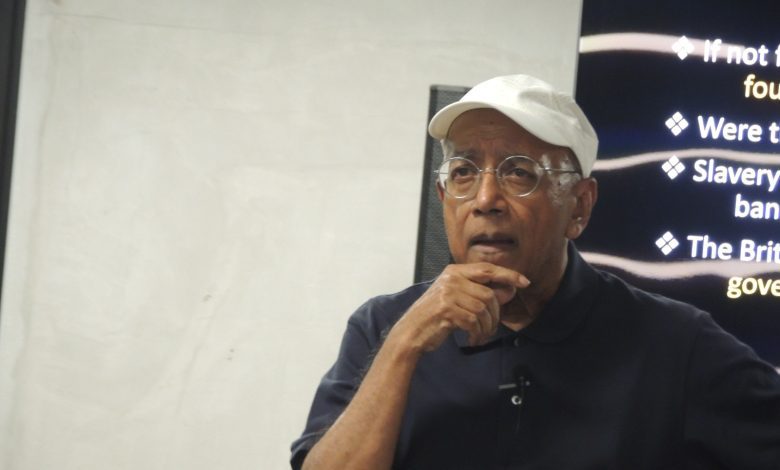

By Ipoh Echo Correspondent
A most interesting talk “Larut Mining Drama” was organised by the Perak Academy on 30th October. The speaker, Mr Cyril Pereira, covered topics from secret societies, East India Company, Sultanate succession disputes to British intervention in 1874 which account included the travails of one Captain Speedy. Was he victimised or just the odd man out?
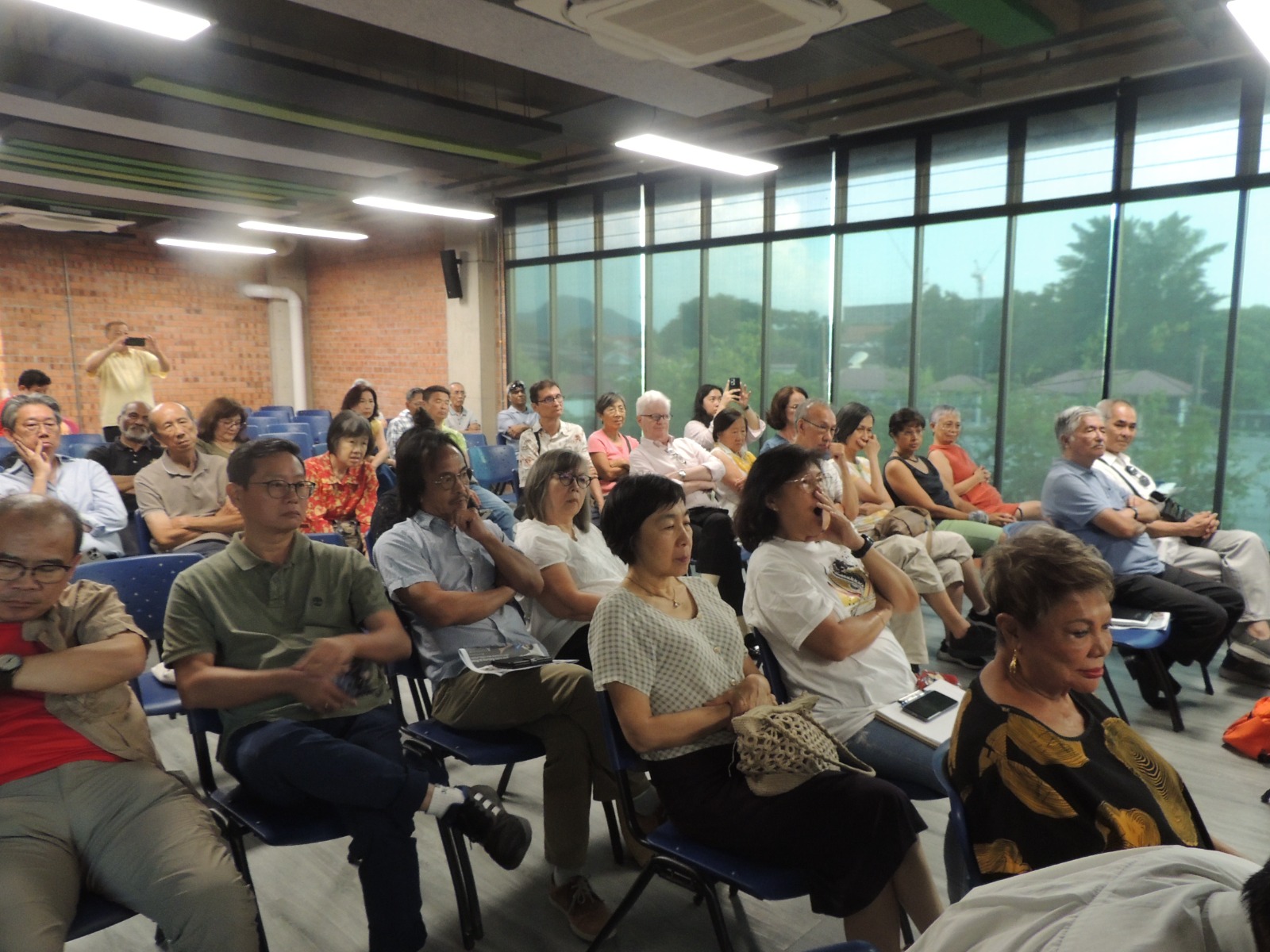

Mr Pereira unearthed quite a few previously unknown facts such as the reason why Sultan Abdullah did not make his way to meet the Chiefs to claim his right of succession after the death of Sultan Ali. Also revealed was the highly significant role played by the eccentric Captain Speedy who was said to have brought the warring Ghee Hins and Hai Sans to the negotiation table presided over by the Governor of the Straits Settlements, Sir Andrew Clarke.
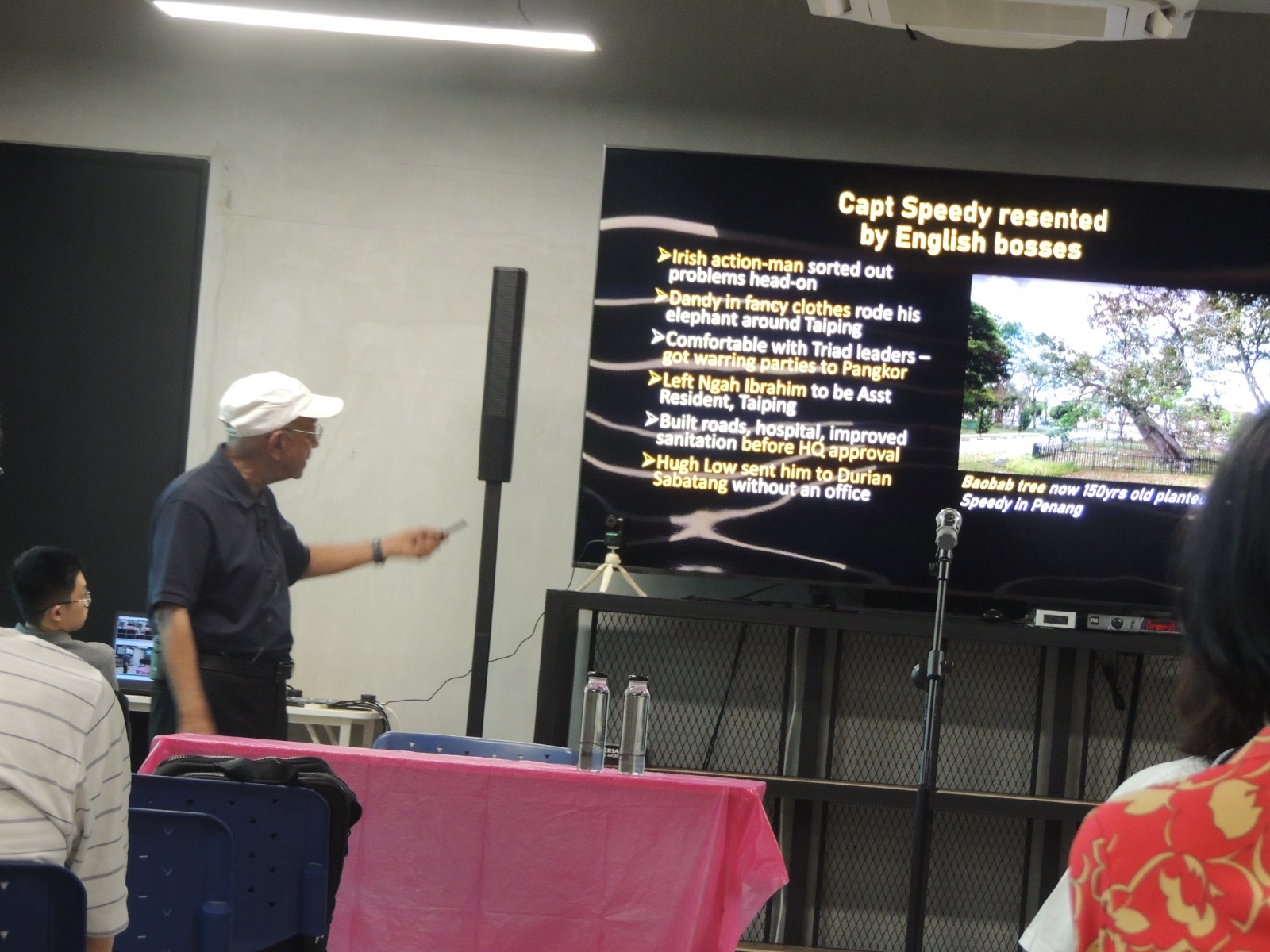

The Malay Chiefs signed after the Chinese factions had done so on 31 st January 1874.
Before the year was over in November, the Resident JWW Birch whose advice had to be asked for and acted upon all matters save and except Muslim religion and customs was brutally stabbed to death.
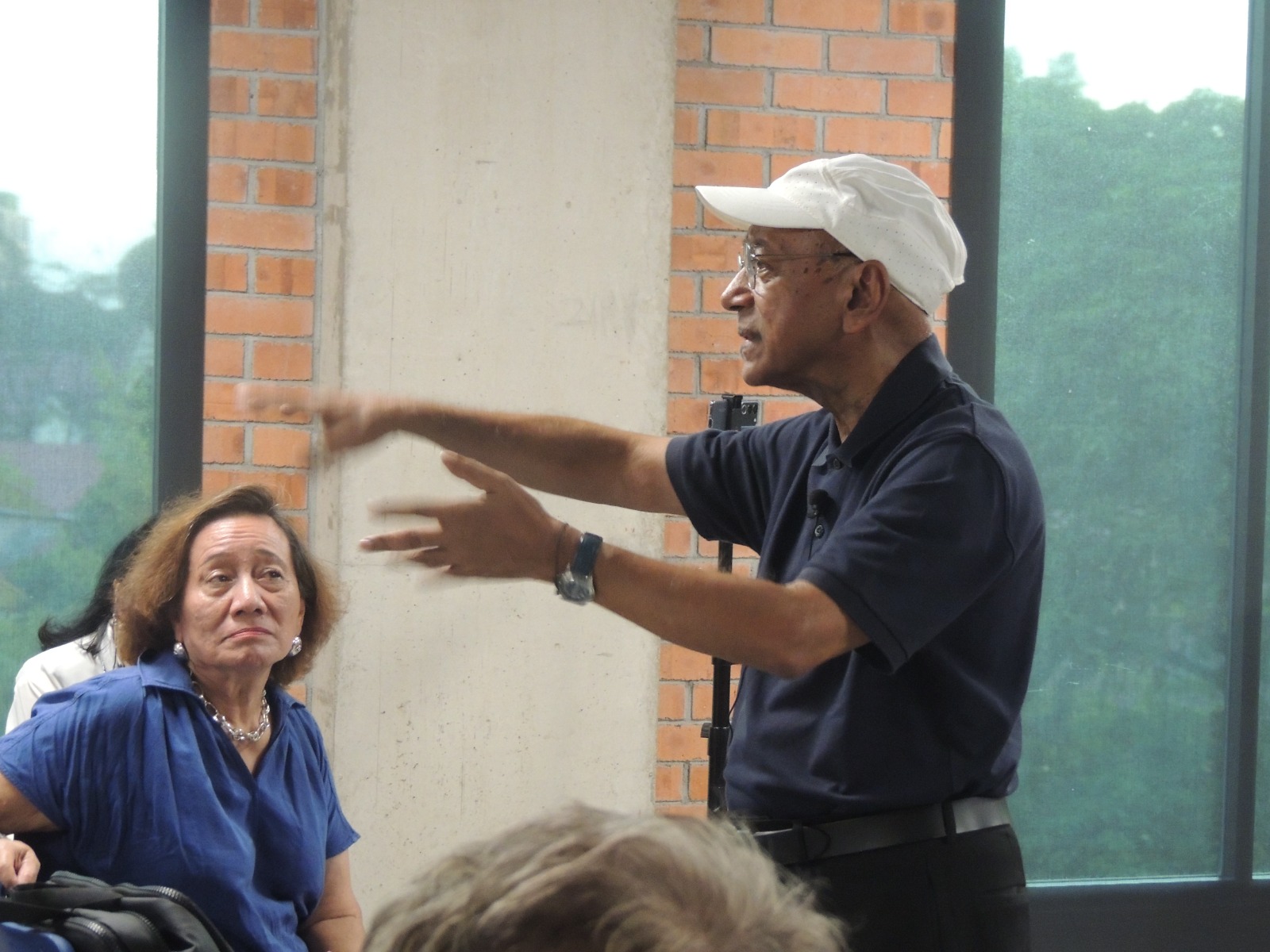

Prior to the Pangkor Treaty whereby Yusuf was dethroned and Abdullah installed, the most influential and richest man then and subsequently thereafter was Ngah Ibrahim.
Ngah Ibrahim was found to have been complicit in the assassination of the British Resident, James Birch. He was exiled alongside Abdullah and never to see his homeland again. Both Sultan Abdullah and him were exiled to the Seychelles. Maharaja Lela Pandak Lam (now Dato’) the supposedly chief protagonist, was hanged.
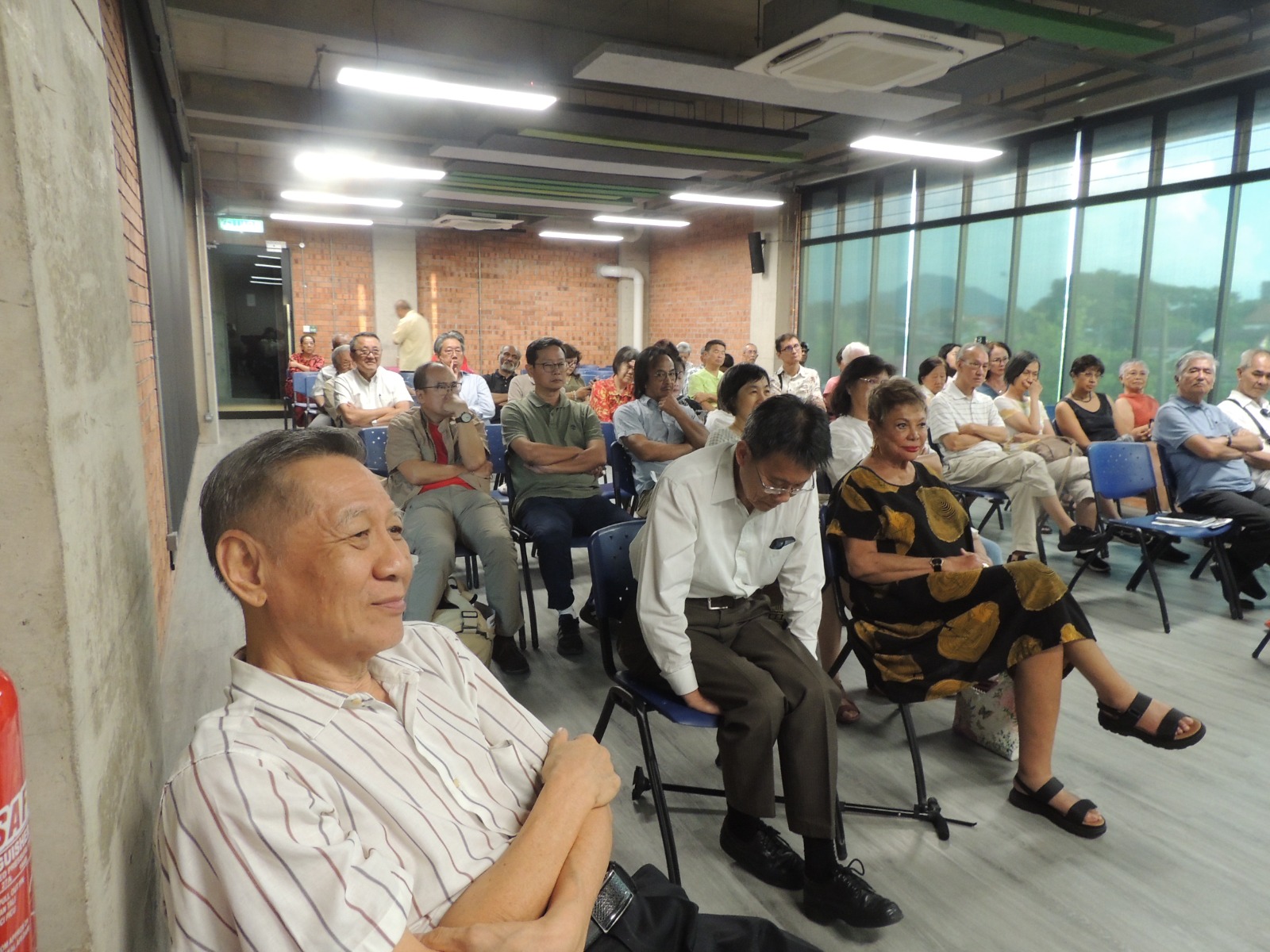

Captain Speedy who earlier had been commissioned by Ngah Ibrahim to raise a batallion of the Sikh Rifles to help secure law and order in Larut was demoted to Lower Perak.
Upon signing of the Pangkor Treaty, he was Acting Assistant Resident awaiting James Birch to be sent from Ceylon to take over as the 1st full fledged Resident.
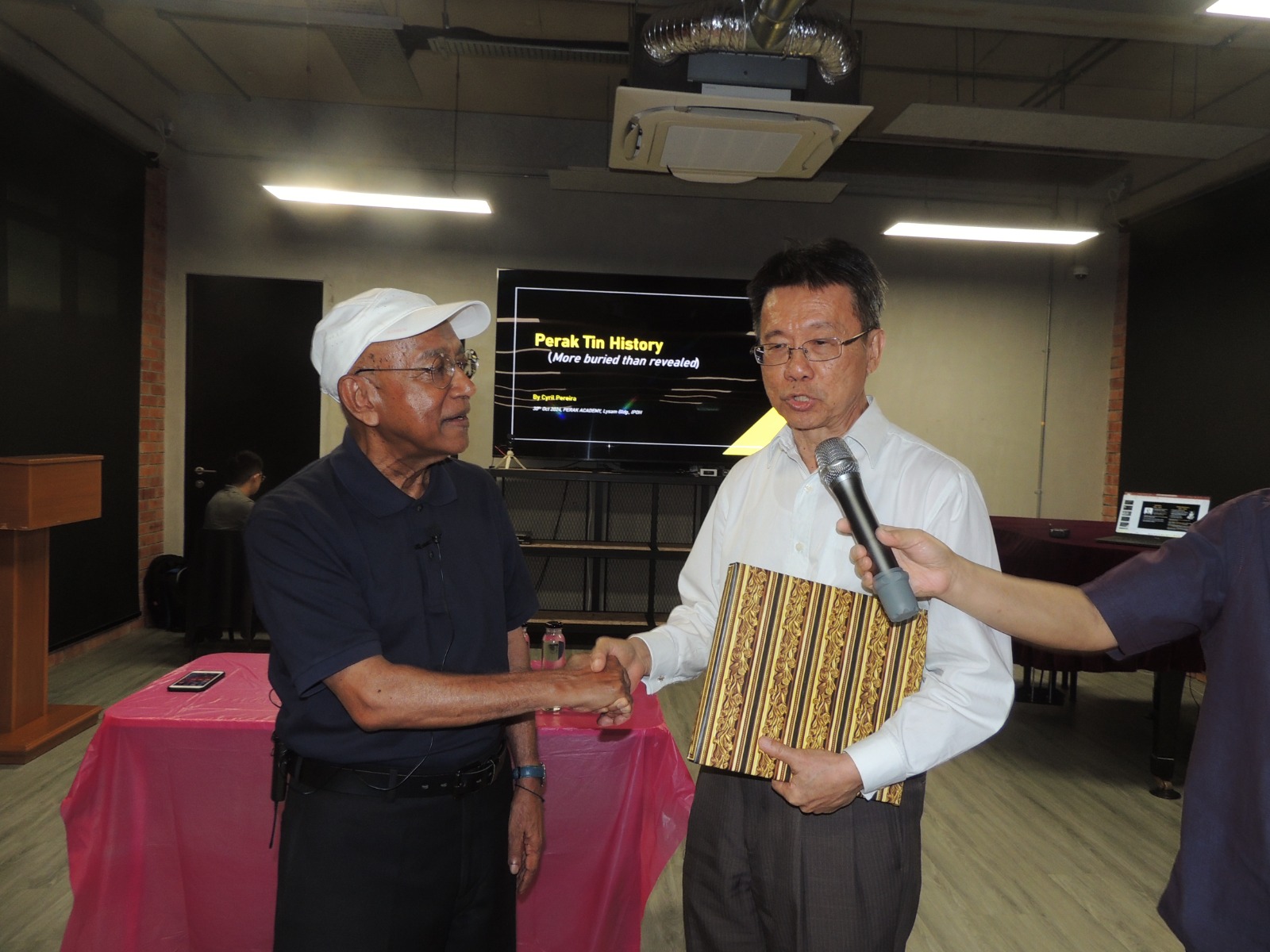

From Lower Perak, Captain Speedy soon left Perak where he had made great changes to the landscape and administration there. The speaker attributes the change of name of Larut to Taiping to Speedy.
Although the speaker did not provide the actual reason for Speedy’s resignation, Henry Barlow’s seminal biography of Frankie Swettenham records that his salary was halved! As the speaker hinted, the British had subtle ways of getting rid of their officers. Indeed, Captain Speedy was known to be addicted to big spending and this is evidenced until today in the grand design and location of the District Officer’s house in the Taiping Lake Gardens opposite the New Club. Mercifully, the latter is still standing without much drastic reconstruction unlike the Lake Club in KL. The New Club, Taiping retains its character and charm and is always worth a visit.
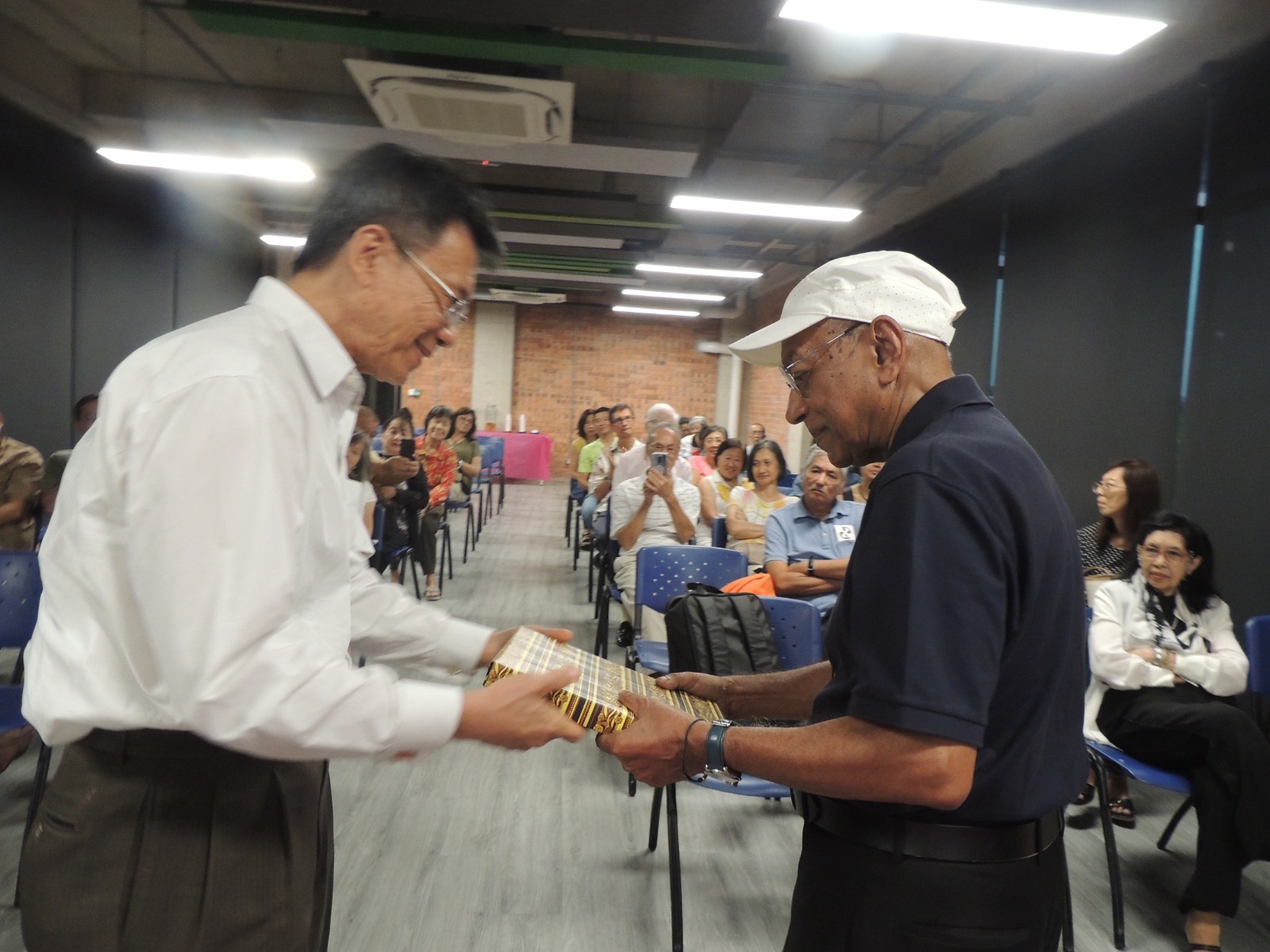

Speedy was demoted to Lower Perak in Durian Sebatang but his contribution there and elsewhere is recognised by a Road (Jalan Speedy) named after him which name till today has not been changed! The town has however changed its name from Telok Anson to Telok Intan.
The speaker referred to Speedy’s Irish blood as the reason for his being sidelined but no hard evidence was proffered apart from the derogatory opinion of the Governor General who succeeded Sir Andrew Clarke.
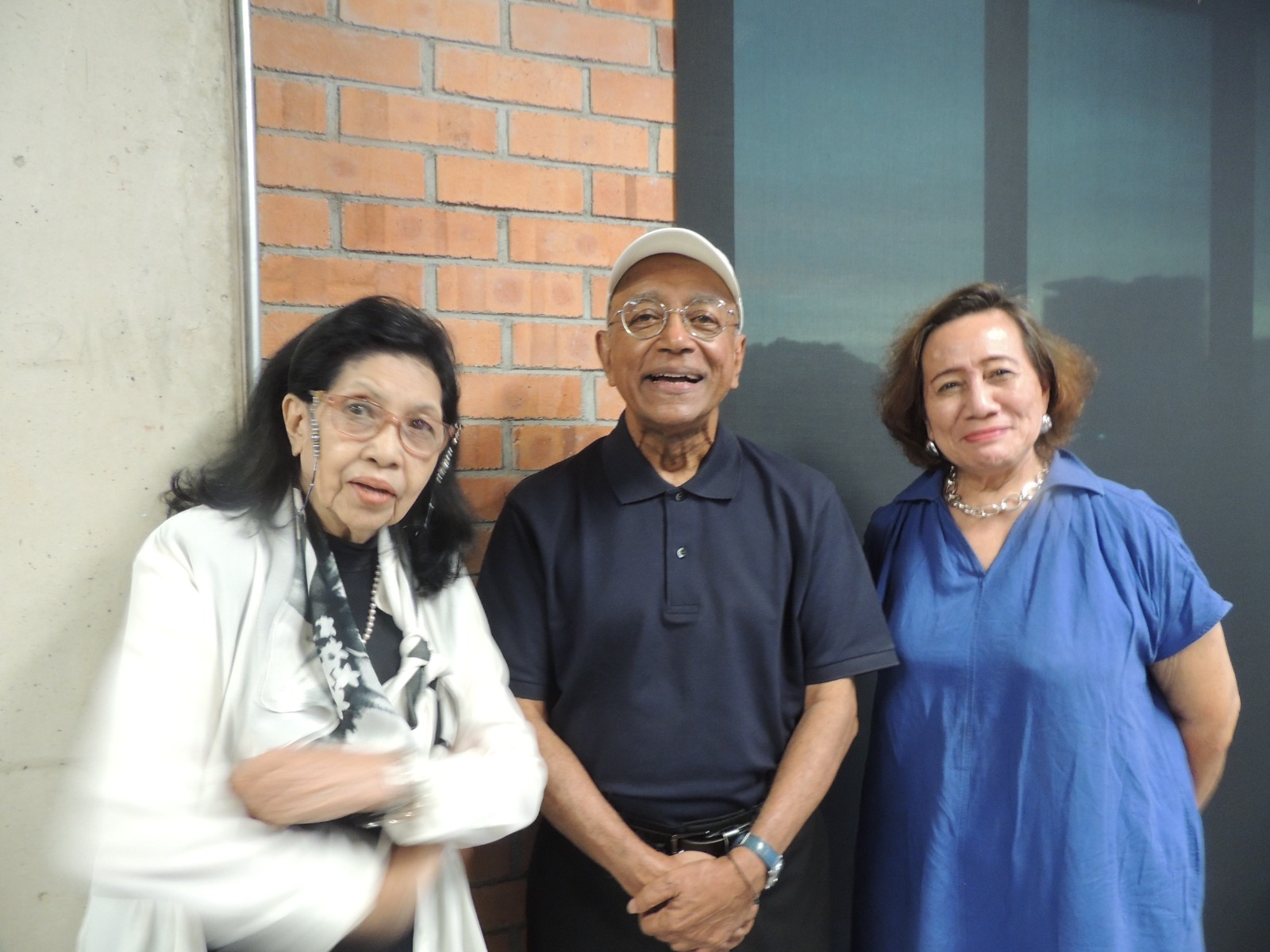

Ngah Ibrahim’s great wealth was also alluded to by Mr Pereira by mentioning his sponsorship of pilgrims to Mecca.
Of interest was also the original tune of our National Anthem which was traced to the melody hummed by Sultan Abdullah who heard it in the Seychelles.


The assassins of Birch were quickly brought to book. The controversial imperialist Frank Swettenham remarked that the bloody incident drove home a sharp lesson to the natives not to challenge the mighty force of the British Empire. “‘Birch’s death and subsequent short occupation of the state by British troops (1600 bayonets with a battery and a half of Royal Artillery, Bengal sappers and a naval brigade) did more to secure permanent tranquillity than ten or fifteen years of “ advice “ by a British Resident could have done without it.”
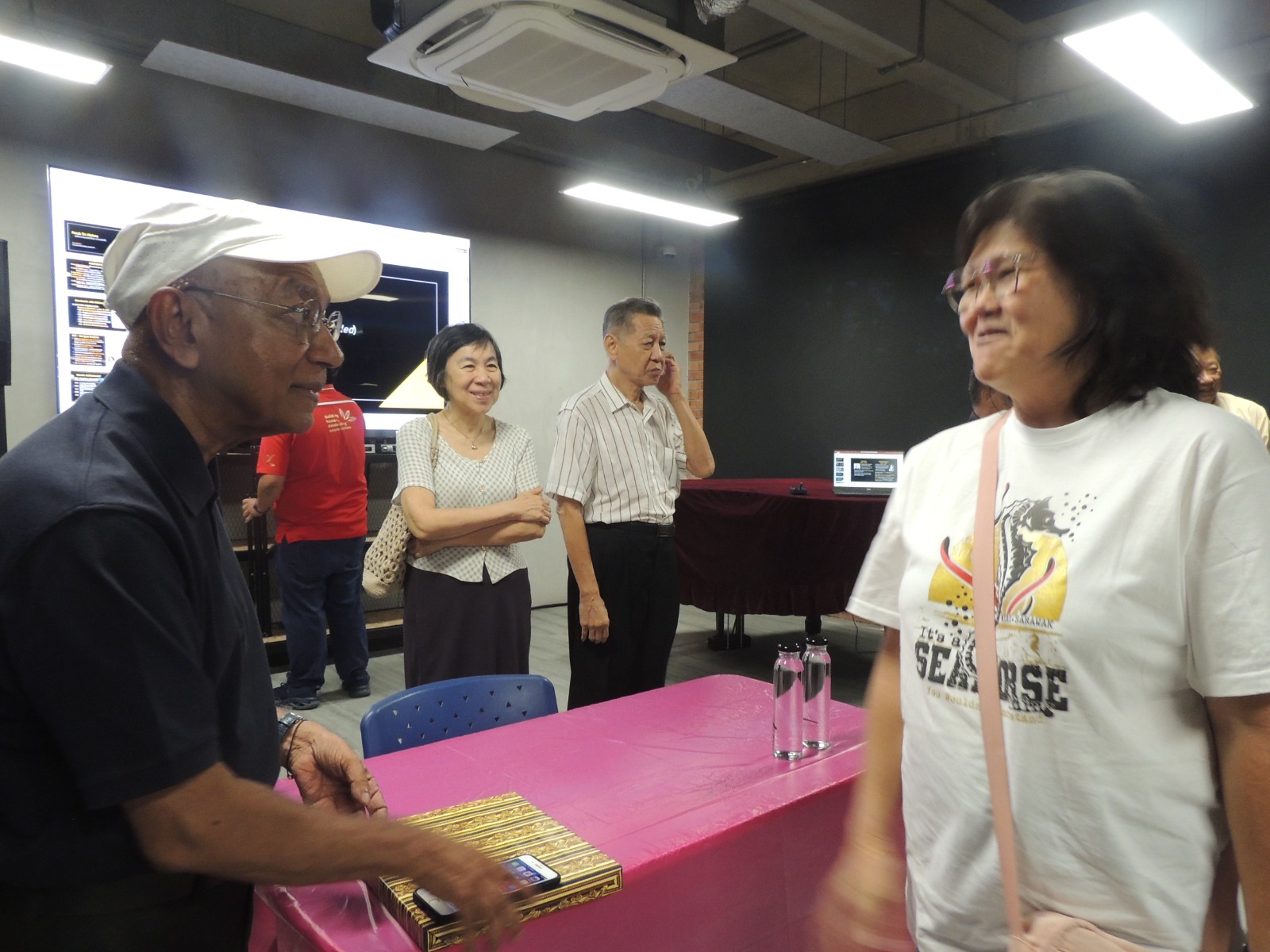

British rule, on the other hand according to some observers almost 150 years later was obtained by intimidation and trickery! The legality of the Treaty remains questionable ie whether the full meaning and import of the terms were fully understood by the Sultan! Can the advice be rejected or must it be followed without question?
All in all, the audience was enthralled by Mr Pereira’s thought provoking presentation. He has offered to deliver another similar lecture in Taiping.
